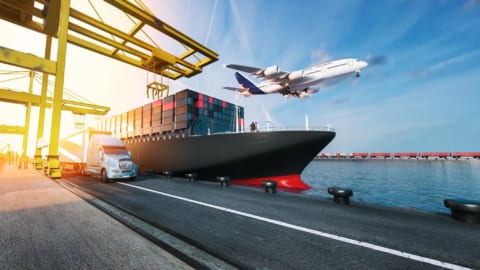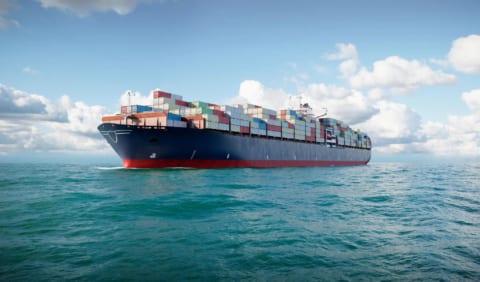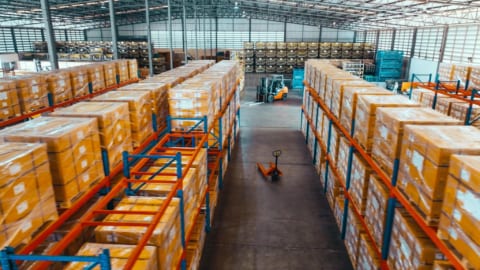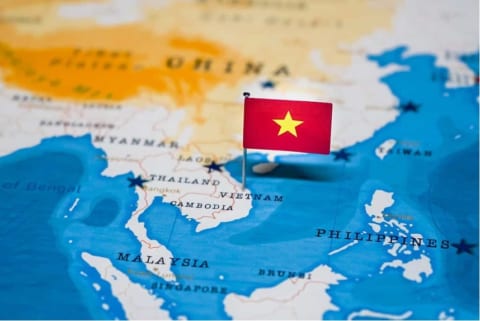
The “Colonial arrogance” has led Western companies to use the current context with political “increasingly muscular” but mostly empty rhetoric to leave their Chinese partners.
James Hookman – Secretary general of the Global Shippers Forum said, he does not support a trend of de-globalization and turning against socialist countries: “There is this very colonial view that businesses in the west can snap their fingers and move everything.”
“This may have been the case in the 1990s with China’s production dependent on western technology, but if the west asked China for that tech back, they’d say ‘we scrapped it decades ago, as they are now on the second or third generation of their own superior technologies. The technology, skills, and people are long-established and embedded within the Chinese economy, and its economy is dependent upon this”.
Director-general of the UK CBI Tony Danker outright cautions against disagreeing with Western countries to take an approach described as “increasingly muscular” to withdraw (fall back on) from countries, including China.
Some sources have asked if he is taking a hard line. Meanwhile, Nick Coverdale – Hong Kong-based forwarder- said it was all just discussion and had nothing to do with “increasing muscular”.
Mr Hookham is also regarded: “China survived Trump’s tariffs, and it survived other frictions, because China needs American customers, and American customers want Chinese prices – there is this happy co-existence through international trade.” The reports of a production shift from China to Southeast Asia still have communique.
Hong Kong-based digital wholesale marketplace Peeba said: it witnessed the peak of the Covid epidemic last winter. Still, there is no chance of impacts affecting the supply chain except in China, the business market is disrupted but still possible “driving companies to alternative markets”.
Mr Hookham said that business diversification is popular with companies looking for alternative sourcing – especially with the evolving (tough) situation and China’s complicated Covid policy. But at the same time, he also doesn’t see it on the scale needed to bring about a significant change in businesses, especially those with a safe plan if additional “circumstances arise” .
He looks at China through an “ancient lens” and sees it as a “workshop in the far-flung corners of the empire”. The Loadster also added a source that production not only stops in China but also develops through industrialized countries such as Turkey or North Africa to use as production hubs. The source added: “Chinese brands are rising rapidly and establishing manufacturing and distribution platforms in many countries” and “can’t see any give- up in China”.
Edited by Lucy @WeDo 2022










